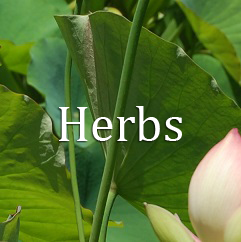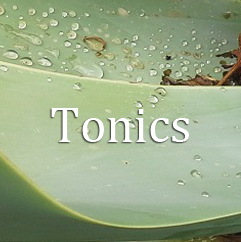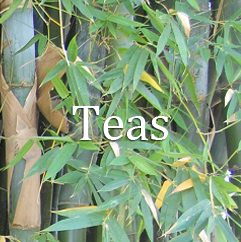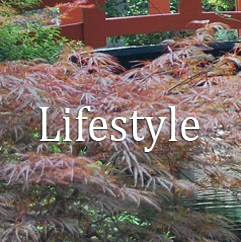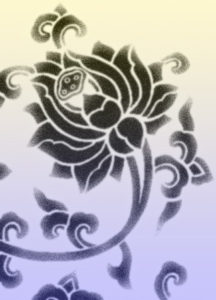 Herbal healing from ancient times
Herbal healing from ancient times
A body of knowledge known as herbalism has been accumulating in the human psyche and the social context ever since we humans were hunter-gatherers in prehistory. It’s just that, even though small groups of human beings used to be skilled in keeping themselves well-fed and healthy, they just as quickly lost specialized knowledge in herbal medicine to sages. Those individuals called healers, shaman or medicine “men” (or women!) became the keepers of knowledge about medicinal substances. At the behest of their rulers and monarchies, healers and sages codified this knowledge in manuals in Chinese, Indian, Greek and Arabic traditions; later still, it was printed in the books of Medieval and Renaissance doctors, physicians, and philosophers. Since the Renaissance, as western cultures civilizations grew and acquired more complexity, by looking deeper into what makes up the natural world and our bodies’ physiology, medicine attained a proto-mystical status. With the marriage of biological and chemical knowledge, medicine elected the specificity and control of laboratory-defined substances rather than natural healing, and has since been out of the control and understanding of the individual person… while herbalism has persisted as knowledge of the natural world and today it appears in the form of handbooks, useful to herbalists and to us, Gentle Readers. Herbal healing is very ancient and venerable indeed. In fact some would say herbal inspiration is a spiritual phenomenon.
Follow